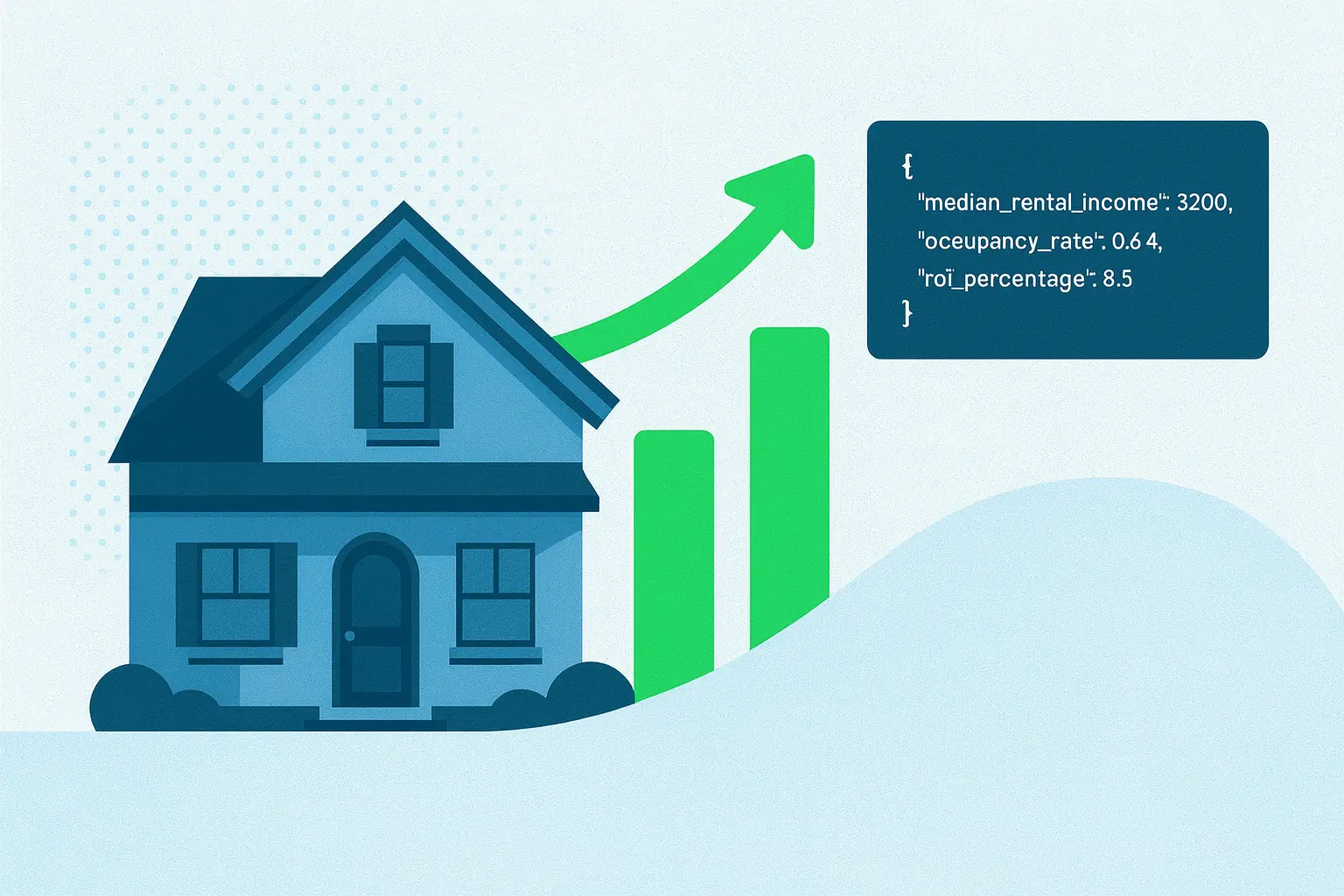Time for your cheat sheet on this week’s top stories.
Canadian Real Estate
Fitch Warns Canada of Credit Downgrade—That’s Bad News For Mortgages
Canada’s supersized budget may soon cost households a lot more to borrow. Fitch Ratings warns the country faces a downgrade from AA+ to AA, citing gross debt more than twice the peer average and a budget with no path back to normal. Similar downgrades have raised financing costs by 5 to 25 basis points, which can translate into billions in interest for federal debt. Compounding the issue, federal bond yields serve as a benchmark, passing the credit erosion downstream to provinces, businesses, and households.
Canada Cuts Borrowing Despite Bigger Deficit—Here’s What They’re Hiding
Canada’s massive 2025 budget shocked markets—not for how much it borrowed, but how little new debt it needed. Despite pandemic-level spending, bond markets won’t be tapped in the near term. The catch? The budget dropped seven months late, with just four months left—most of the “proposed” spending is already done. It’s been financed with short-term debt, which has surged 65% in three years. Ottawa won’t return to bond markets until next year, but with most emergency borrowing tools already exhausted.
Canada’s Low-Scrutiny Immigrant Mortgages Rebrand Risk As Inclusion
Canada’s newcomer mortgage programs help recent immigrants buy homes—but how much risk do they now present? Buyers can purchase up to 4-unit homes with as little as 5% down and limited credit history. These programs once successfully bridged credit access, but with the recent surge in temporary residents and falling prices, the risks are growing. With little performance transparency, a costly surprise may be lurking beneath the surface.
Canadian Employment Is So Strong That People Are Getting Two Jobs
Canada’s economy unexpectedly added 67k jobs in October, defying forecasts for a decline. But the details look less rosy on closer inspection. Over a third of the gains went to workers nearing retirement age, despite representing half that share of the population. Another red flag: over 30k more people reported holding multiple jobs—a sign of mounting financial strain.
Canada’s Rich Haven’t Relied This Little On Work Since The 1980s
Canada’s wealthiest are relying less on work and more on wealth, and the shift has been more abrupt than most realize. The threshold to join the top 1% slipped slightly to $294,000 in 2023, but it remains far out of reach for most. Wages now represent a shrinking share of top earners’ income, while investment returns are driving gains. It’s a recent shift—rising income increasingly depends on what you own, not what you do.
Toronto Real Estate
Toronto Real Estate Prices Slip Further, Weak Sales Meet Record Inventory
Toronto real estate prices fell again in October, with the benchmark home slipping 0.36% to $956,800—down 25.4% since 2022. Sales for the month fell to the lowest level since 2008, while inventory surged to a record high. Where the market goes next depends on buyers—many of whom are likely to wait it out.
Vancouver Real Estate
Vancouver Real Estate Prices Slide As Inventory Hits 13-Year High
Vancouver real estate has largely resisted the correction, but that may be changing. Home prices fell 0.9% in October to $1,132,500, down 10.1% from the peak. Sales dropped 14.3% year-over-year, while inventory climbed at a similar rate. In a market known for tight supply, the shift adds pressure that could drive prices lower if it continues.



















 English (US) ·
English (US) ·